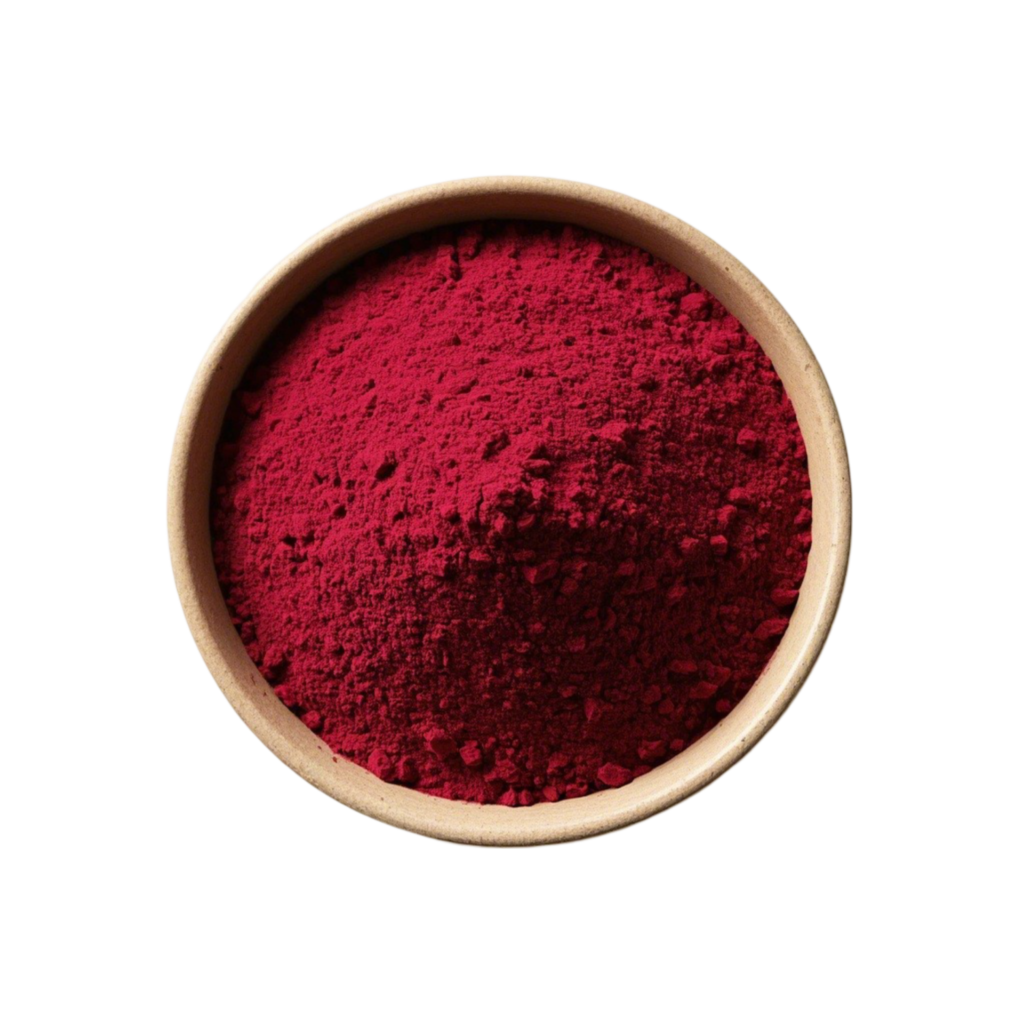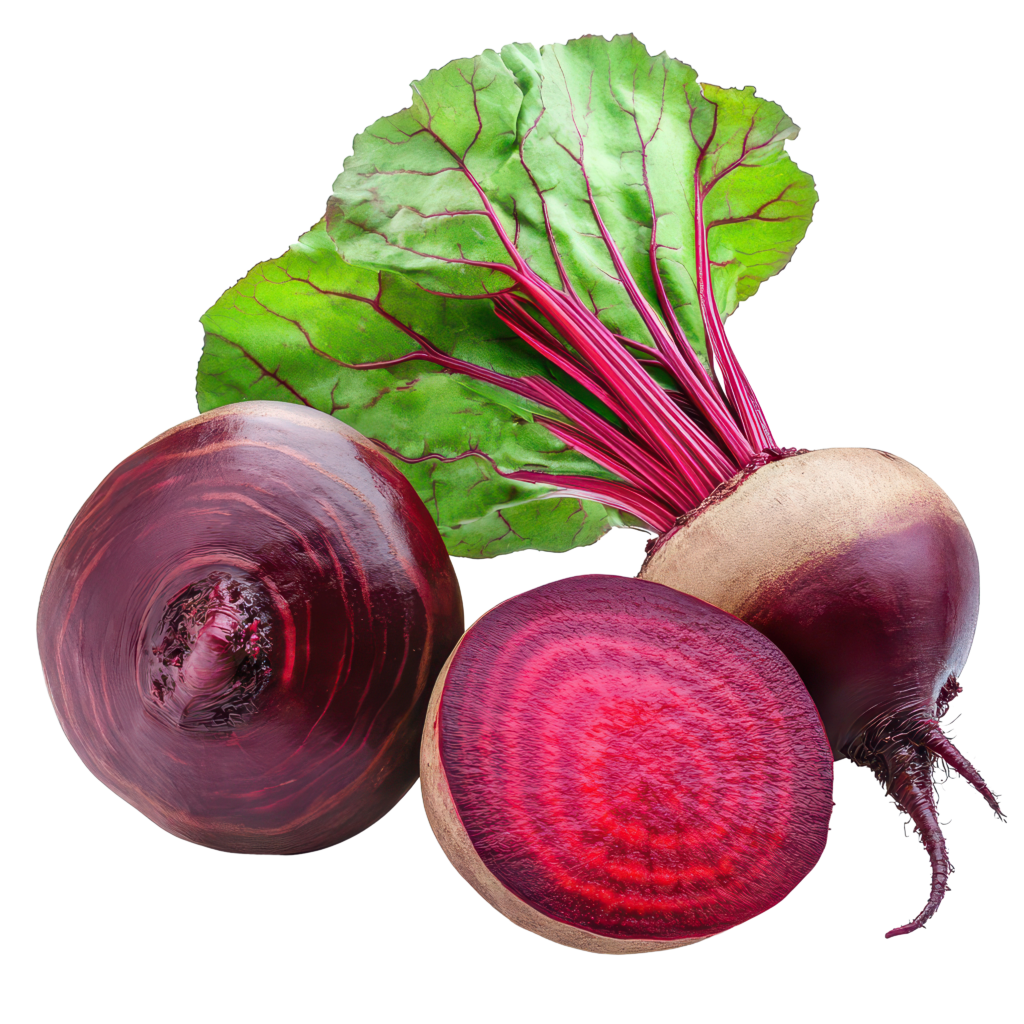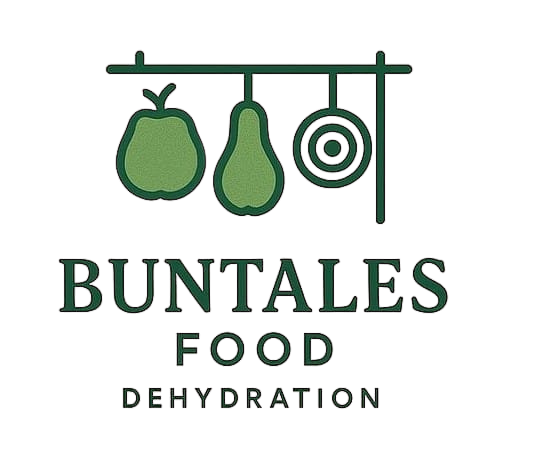
Beetroot power
Process of making Beetroot powder
Beetroot powder is a vibrant red to magenta-colored powder derived from dehydrated and finely ground beets. It serves as a convenient and concentrated source of the essential nutrients naturally found in beets, including vitamins, minerals, antioxidants, and dietary nitrates. Due to its high nitrate content, which has been associated with improved blood flow and enhanced physical performance, beetroot powder is commonly used as a pre-workout supplement. In addition to its athletic benefits, it is also incorporated into various food and beverage products for its nutritional value, natural color, and subtly sweet, earthy flavor.
Natural value of Beetroot Powder
| Nutrient | Amount per 100g |
|---|
| Energy | 330–350 kcal |
| Carbohydrates | 60–70 g |
| – Sugars | 35–40 g |
| Dietary Fiber | 15–20 g |
| Protein | 10–12 g |
| Fat | 0.5–1.5 g |
| – Saturated Fat | <0.2 g |
| Sodium | 300–500 mg |
| Potassium | 2,500–3,000 mg |
| Calcium | 80–100 mg |
| Iron | 4–6 mg |
| Magnesium | 100–120 mg |
| Nitrates | 1,000–2,000 mg |
| Vitamin C | 10–20 mg |
| Folate (Vitamin B9) | 100–150 µg |
Important Consideration
Sugar-Free Beetroot Powder
- Definition: Beetroot powder that has had most or all naturally occurring sugars removed during processing.
- Sugar Content: Typically contains less than 0.5g of sugar per 100g.
- Glycemic Impact: Minimal; suitable for diabetics and low-glycemic diets.
- Calories: Lower due to reduced sugar content.
- Taste Profile: Less sweet, more earthy or neutral in flavor.
- Common Uses: Preferred in clinical nutrition, diabetic supplements, or low-carb products.
Regular Beetroot Powder (with Natural Sugars)
- Definition: Made from whole beets with no sugar removal, retaining naturally occurring sugars.
- Sugar Content: Typically 35–40g per 100g.
- Glycemic Impact: Moderate; natural sugars can raise blood glucose levels.
- Calories: Higher due to sugar (approx. 330–350 kcal/100g).
- Taste Profile: Naturally sweet with earthy undertones.
- Common Uses: Popular in smoothies, baking, pre-workout blends, and natural colorants.
Comparison Table
| Aspect | Sugar-Free Beetroot Powder | Regular Beetroot Powder |
|---|---|---|
| Sugar Content | < 0.5g per 100g | 35–40g per 100g |
| Calories | Lower (250–300 kcal/100g approx.) | Higher (330–350 kcal/100g approx.) |
| Glycemic Index | Very low | Moderate |
| Taste | Mild, earthy | Sweet, earthy |
| Suitable For | Diabetics, low-carb, keto diets | General use, athletes, natural food lovers |
| Nutritional Value | Retains most nutrients minus sugar | Full spectrum of beet nutrients |
Conclusion:
- Choose sugar-free beetroot powder for blood sugar control, weight management, or specialized diets.
- Choose regular beetroot powder for natural sweetness, general nutrition, or athletic performance (due to natural sugars and nitrates).
Active Ingredients:
Active Ingredients in Beetroot Powder
| Compound | Function / Benefit |
|---|---|
| Nitrates (NO₃⁻) | Convert to nitric oxide in the body, improving blood flow, reducing blood pressure, and enhancing exercise performance. |
| Betalains (e.g., betanin) | Powerful antioxidants and anti-inflammatory pigments; also responsible for the deep red/magenta color. |
| Polyphenols | Provide antioxidant protection and support cardiovascular health. |
| Vitamins | Especially Vitamin C, Folate (B9), and trace B-complex vitamins that support immunity, red blood cell formation, and energy metabolism. |
| Minerals | Includes potassium, magnesium, iron, and calcium—essential for heart health, muscle function, and oxygen transport. |
| Dietary Fiber | Aids in digestion and promotes gut health (though fiber content may vary with processing). |
| Alpha-lipoic acid | A naturally occurring antioxidant that helps with energy production and reducing oxidative stress. |
| Betaine | Supports liver function and methylation processes; may also reduce homocysteine levels. |
Health benefits of Beetroot powder :
1. Supports Heart Health
- High in nitrates, which help relax and dilate blood vessels.
- May lower blood pressure and improve circulation.
- Can reduce the risk of arterial stiffness and cardiovascular disease.
2.Enhances brain function
- Improved blood flow due to nitrates may enhance cognitive function, particularly in older adults.
- Linked to better mental clarity and focus.
3. Boosts Stamina and Energy
- Nitrates increase oxygen efficiency in muscles, helping improve endurance and reduce fatigue during physical activity.
- Often used as a natural pre-workout.
4. Rich in Antioxidants
- Contains betalains and polyphenols, which help combat oxidative stress and reduce inflammation.
- May help protect cells from free radical damage.
5. Supports Liver Health
- Contains betaine, which plays a role in liver detoxification and fat metabolism.
- May help reduce fatty liver buildup and support overall liver function.
6. Aids in Digestion and Gut Health
- Contains some dietary fiber (depending on the processing), which supports gut motility and microbiome balance.
- May help relieve mild digestive issues such as bloating.
7. Supports Immune Function
- Rich in vitamin C, iron, and zinc, which are vital for maintaining a healthy immune system.
8. May Improve Skin Health
- Antioxidants and anti-inflammatory compounds may help reduce skin inflammation and promote a healthy complexion.
- Sometimes used in natural skincare formulations.
9. Natural Food Coloring
The deep red pigment (betanin) is used as a natural colorant in foods, beverages, and cosmetics, offering a clean-label alternative to synthetic dyes.
Bonus Benefits:
Powder is easy to store, travel with, and use in smoothies, baking, or snacks.
Beetroot powder makes a natural food coloring or sports drink additive.

